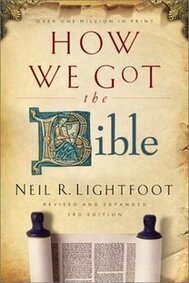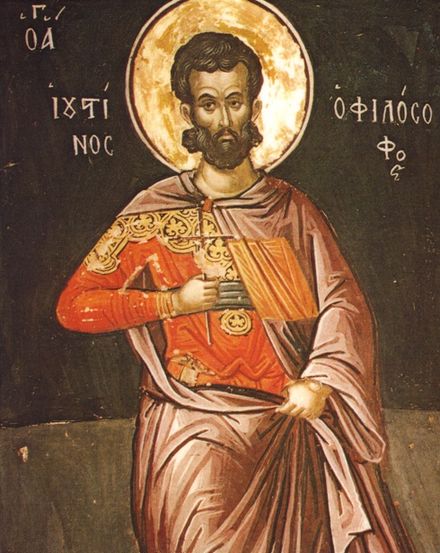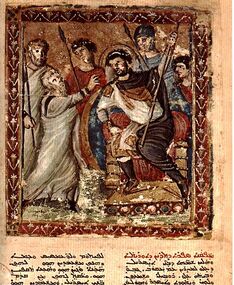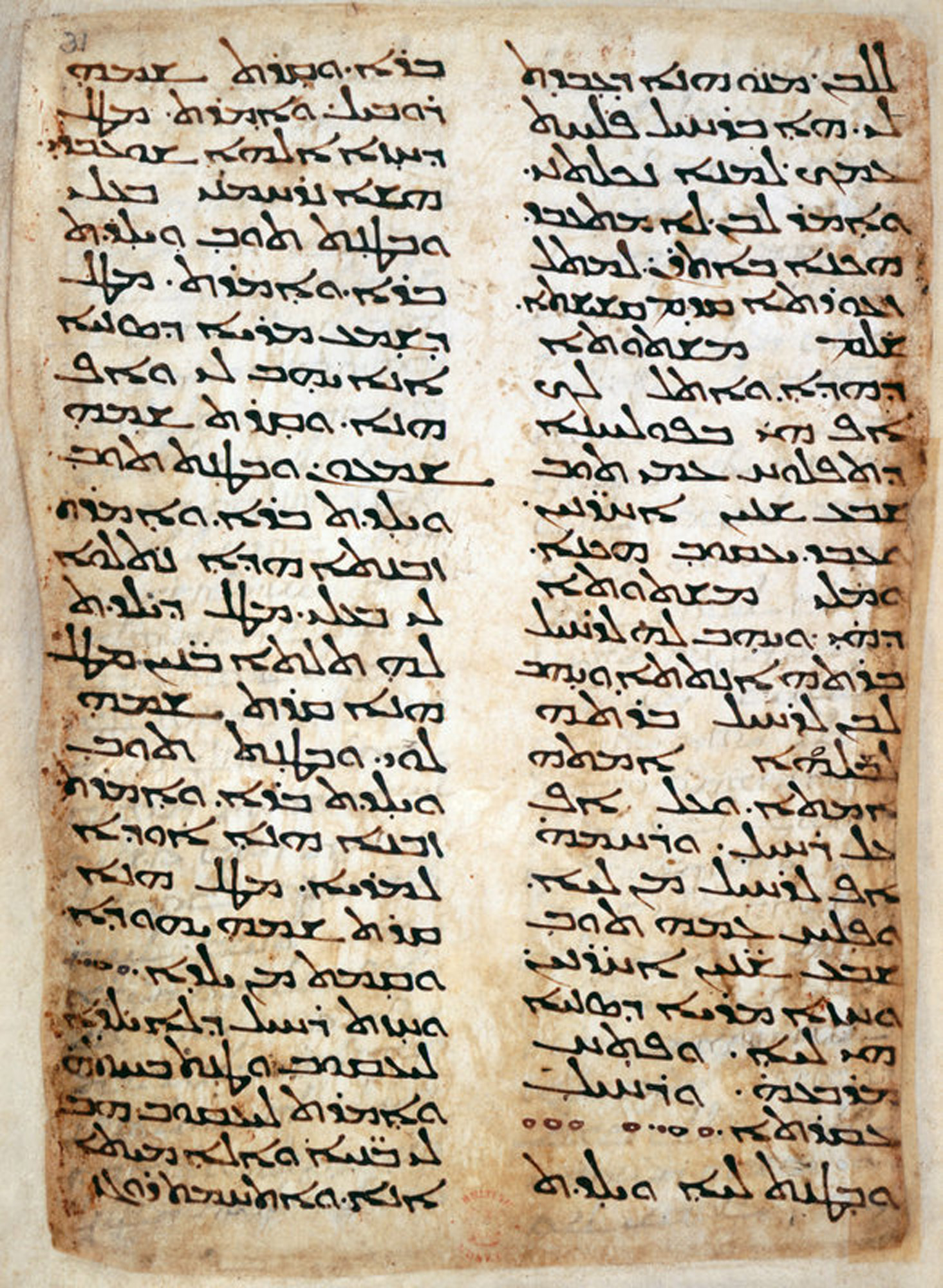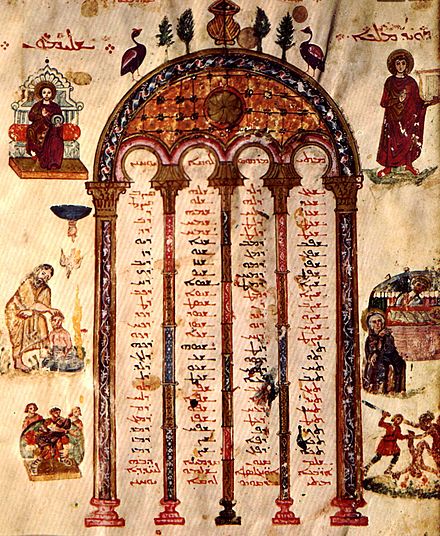beginning at 7:00 pm on Wednesdays.
at the church of Christ in Carthage, Missouri, south of the Ford dealership
PLEASE JOIN US!
Our focus for this study hinges on answering these two big questions. The goal is to get closer to the answers each week in our class.
Is the Bible accurate and dependable?
Does God Communicate with Us Outside of the Bible?
|
|
|
Syriac Versions
|
|
| The Peshitta The word Peshitta means "simple." Our text tells us, "It is a revision of the Old Syriac, based on Greek manuscripts that attest to an early form of the Bysantine-type text. There are more than 350 manuscripts of the Peshitta..." Naturally, as we dig deeper into the manuscripts, we continue to discover the vast numbers and wide distribution of copies of the Bible. It is to be noted that these particular manuscripts rank as secondary as witnesses to the text. One should understand that these are translations. They still attest to the wide range of devotion that existed in the young church. |
Coptic (Egyptian) Versions | Coptic - Copt is defined as "a member of Egypt's indigenous Christian ethno-religious community." The terms Copt and Coptic are variously used to denote either the members of the Coptic Orthodox Church, the largest Christian body in Egypt, or as generic terms for Egyptian Christians; this article focuses primarily on the former definition. From Wikipedia: Coptic has no native speakers today, although it remains in daily use as the liturgical language of the Coptic Orthodox Church and of the Coptic Catholic Church. Innovations in grammar, phonology, and the influx of Greek loanwords distinguish Coptic from earlier periods of the Egyptian language. |
Bohairic - From Merriam-Webster: "Coptic [is the] dialect formerly spoken in the northwestern Nile delta region including Alexandria and surviving in Coptic Christian liturgical use and as the language of the official Bible version of the Coptic Church."
Latin Versions
| There is a great deal that we will not cover in this course, including the rich history of a man named Jerome. Jerome is the man who produced the Latin Vulgate. See more about his story on pages 70 and 71 of our text, How We Got the Bible. Jerome's Vulgate underwent several revisions through the years, but in 13th Century Paris, with the need for a Bible that could be more easily used, another man, Stephen Langton, arranged the Vulgate into the modern chapter divisions still in use today. Our book outlines the transitions from Old Latin to the Latin Vulgate on page 73, culminating with: | |
Eventually the Vulgate was made the official Bible of the Roman Catholic Church, and so it remains today. The result is that the Roman Catholic Bible in English is a translation of a translation and is not a translation from the original languages.
The Printing Press
| | | |
So how important is it to you that the Bible can be proven true? Do you believe there is irrefutable evidence to its validity? Is proof something that strengthens your personal faith in the existence of God?
Should faith alone be enough to drive you to drive you to your knees? Is "blind" faith a stronger kind of faith? If so, then why did God provide so much evidence?

